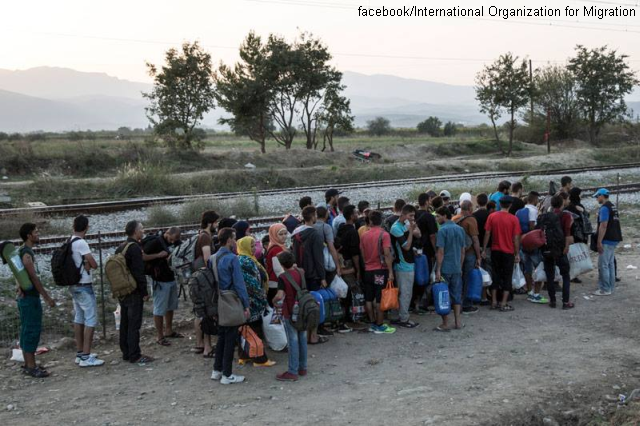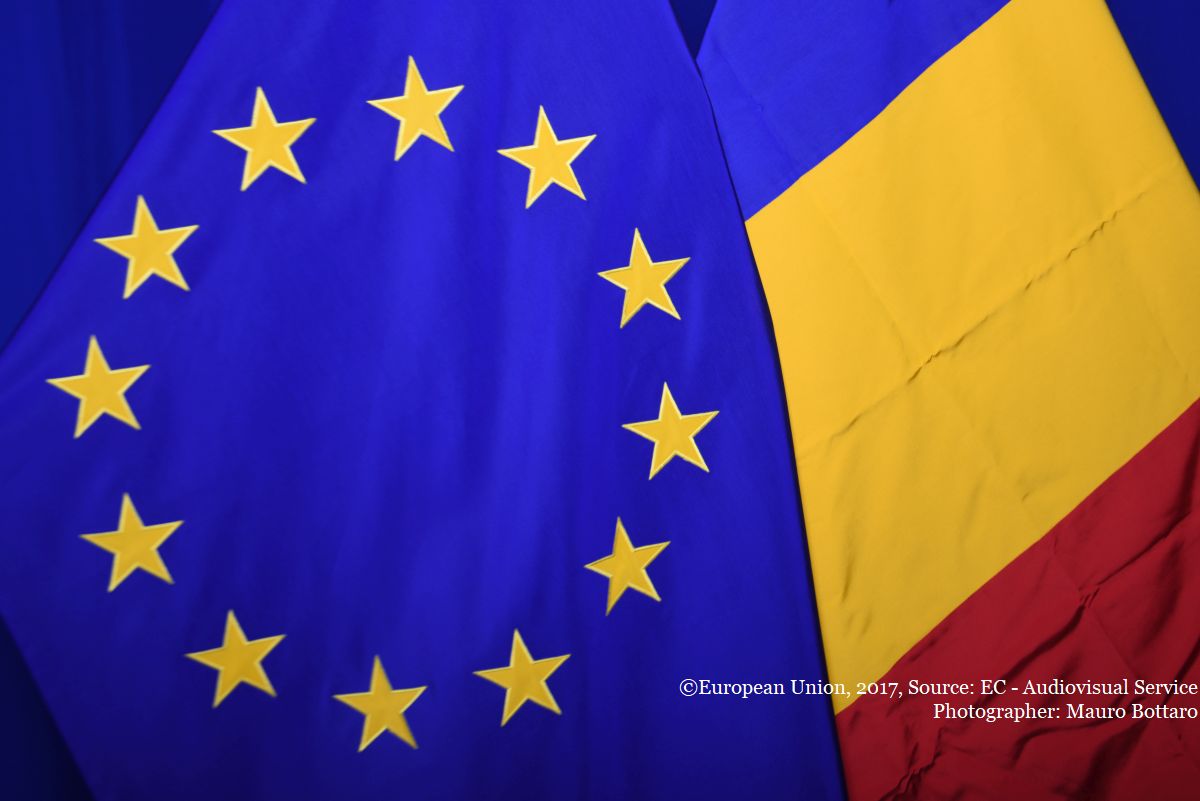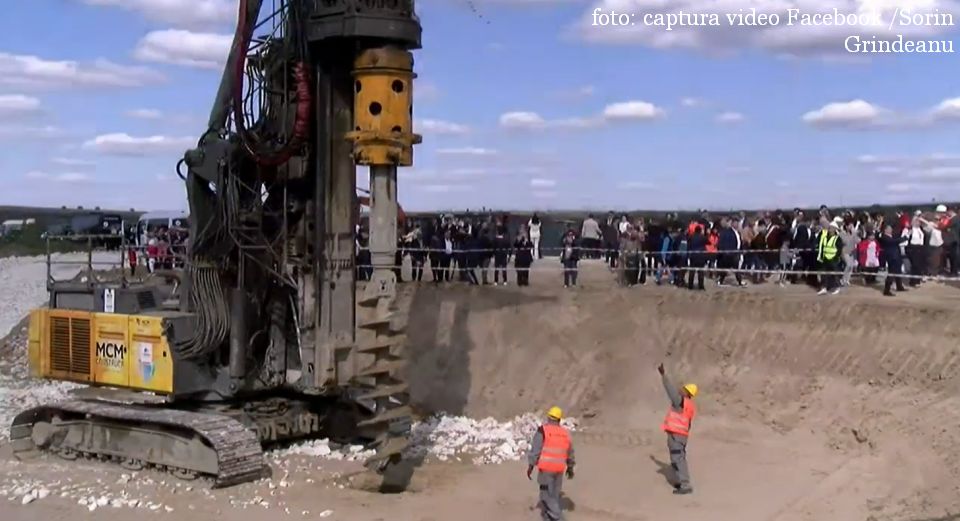The refugee problem becomes a global issue
The European Union is making sustained efforts to find at least a partial solution to the refugee crisis.

Roxana Vasile, 02.03.2016, 14:12
Many Syrian, Afghan and
Sudanese nationals are waiting in the refugee camp in Calais, northern France,
hoping for the right moment to cross the Channel Tunnel into Britain. Tension
is high as the French authorities are trying to close down the camp and
distribute the migrants to other centres across France.
At the other end of
Europe, many refugees still enter the continent via Greece. Many of them are
stuck on the Greek-Macedonian border, after several countries, Macedonia
included, have imposed restrictions on the number of people allowed to enter
the country. The European Union is, in fact, deeply divided over the issue.
There are plans to provide financial assistance over the next few years to the
EU member states facing a massive influx of refugees. Greece alone estimates it
will need some 500 million euros to cope with the flow of refugees.
More than 130,000 people
have reached Europe via the Mediterranean in 2016, more than in the first five
months of 2015. The European Council President Donald Tusk has begun a tour of
the Balkans ahead of the EU-Turkey Summit on March 7. Brussels insists the only
feasible solution has to involve all European nations.
In the meantime, NATO
ships are being deployed to the Aegean Sea to deter people-smugglers taking
migrants from Turkey to Greece. Against this backdrop, the Supreme Allied Commander Europe of NATO Allied Command Operations,
general Philip Breedlove,
has accused Russia of helping the Syrian government turn the refuge crisis,
into a weapon against the West.
In this context, Iran may play a
significant role in solving the extremely complicated Syrian crisis. Upon
returning from a visit to Iran, the Romanian Foreign Minister, Lazar Comanescu,
said:
The situation in Syria has been
generated by internal factors. However, we can neither ignore the existence of
other players, including from the region, who all had different approaches and
their own rivalries. In order to find a solution, other than military,
preferably a political solution to the Syrian conflict, it is absolutely
necessary for all regional players to find common ground. Iran can have a special contribution, which is
something I have emphasised in my capacity as both Romanian foreign minister
and foreign minister of a EU member state.
Romania’s embassy in
Syria is one of the few among western embassies to remain open so Lazar
Comanescu believes Bucharest can help find a solution to the Syrian crisis.






























